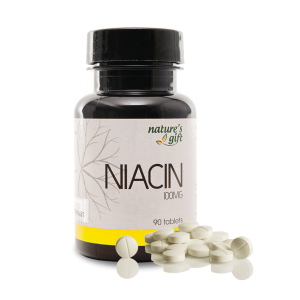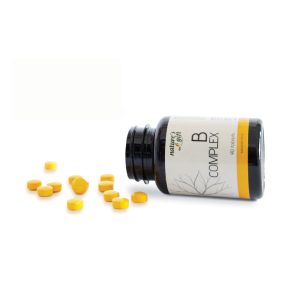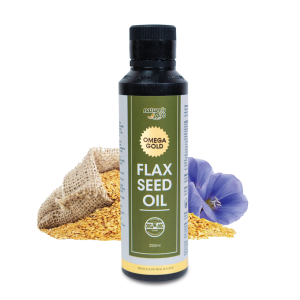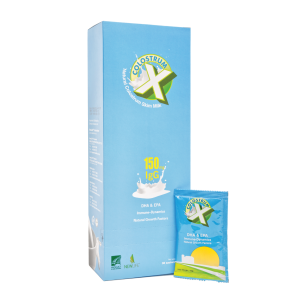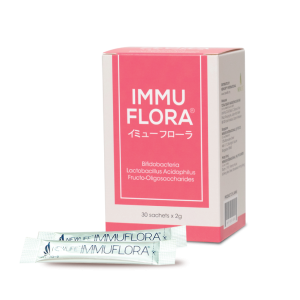The COVID-19 Pandemic is now known as the biggest global crisis in generations. In most countries, the government’s response to the COVID-19 Pandemic from 2020-2021 has had far-reaching repercussions for health systems, economies and societies.
People have lost their livelihoods and fallen below the poverty line, children and young people missed out on learning and socializing, and businesses have gone bankrupt. Naturally, when lives are drastically affected in this manner, there would be an increase in rates of anxiety, depression, and post-traumatic stress disorder. When left untreated or unmanaged, mental health problems can cause further complications like the following:
- Unhappiness
- Decreased enjoyment in life
- Family conflicts
- Relationship difficulties
- Social isolation
- Problems with tobacco, alcohol and other drugs
- Missed work or school, or other problems related to work performance or school results
- Legal and financial problems
- Poverty and homelessness
- Self-harm and harm to others, including suicide or homicide
- A weakened immune system, so your body has a hard time resisting infection
- Heart disease and other medical conditions
Government, international and national organizations recognize that this is an increasing problem especially on the rising suicidal rates and have taken measures to come up with various ways to fix it. Meanwhile, as an individual, we can do our part in improving this situation.
How do we do that? Firstly, to take care of others, we first need to practise self-care. This does not mean that you are choosing yourself over your loved one. Rather, it means being mindful of your own needs so that you are better able to support the people you love and care about.
Self-care looks different for everyone, and it is important to find what you need and enjoy doing. It may take trial and error to find out what works for you. Here are some tips to help you get started:
1. Get Regular Exercise
When we exercise, our brain releases “feel-good” chemicals known as endorphins. This helps to improve mood, energy levels, and even sleep. Just 30 minutes of exercise daily will do the job. Small amounts of exercise add up over time.
Exercise suggestions:
- Rebounding exercise
- Brisk walking in the park or on the beach
- Resistance training
- High-Intensity Interval Training (HIIT)
2. Fast Intermittently & Stay Hydrated
There are many different types of fasting and Intermittent Fasting (IF) is one of the most common methods.
This plan involves fasting for 16 hours and eating 2-3 meals during an 8-hour time period. Here is an example: you have breakfast at 10 AM, lunch at around 1 PM, then dinner by 6 PM. You then begin the 16-hour fasting period with no other food consumed until breakfast the next day. During your fasting hours, you may drink water, black coffee, or herbal tea with no sweeteners added.
How does fasting help with mental health? They have been known to reduce inflammation while improving mood and alertness. This can help to reduce symptoms of depression and anxiety in some cases.
3. Take Supplements
In addition to IF, you may consider taking the following supplements which have been known to support mental health.
Niacin is needed by the brain to function properly. Studies have shown that a deficiency in this important vitamin can lead to brain fog and mental health symptoms like depression and even schizophrenia.
Recommended dosage: 100mg 3 times daily after meals.
Note: it is a very common experience to feel a warm sensation, known as the “niacin flush”, spreading across the body. Some people may be more sensitive to the flushing effect than others and would experience the flush after taking 50mg of niacin, while someone else might only experience it with 200mg or more.
Rest assured, the “niacin flush” is harmless and tends to last not more than 20 minutes. This reaction wears off as you continue to use niacin, so please be patient as you build up a tolerance to it.
It is wise to start at low doses (50mg three times daily) and gradually increase this amount every week until you get to your target. Splitting your dose to several times a day or taking it after a meal would also help to reduce the flush.
Like niacin, the B vitamins help the brain and nervous system to function properly, and may help to reduce stress-related disorders. A deficiency can lead to unpleasant experiences such as panic and anxiety attacks.
Research has shown that optimum Vitamin B6 levels help to lighten anxiety, nervousness, irritability and confusion and improve some forms of depression. Taking Vitamin B Complex before sleep has been known to improve the quality of sleep.
Recommended dosage: 1 tablet 3 times daily after meal.
In a 2020 randomized, double-blind, placebo-controlled clinical trial, women with depression who were given twice-daily doses of flaxseed oil for 10 weeks experienced improved depression-related symptoms.
Recommended dosage: 2 tablespoons daily. Mix it in a bowl of homemade yoghurt.
ColostrumX contains Eicosapentaenoic acid (EPA). In 2009, researchers reviewed data from 3 studies that used EPA in the treatment of depression. The large majority of subjects taking EPA showed significant improvement and benefited from EPA as compared to those with a placebo.
Recommended dosage: 1 packet 2 times daily.
“Psychobiotics” is a term used by researchers to refer to probiotics used to benefit mental health. Among all the psychobiotics used, Lactobacillus and Bifidobacterium bacteria appeared to be most helpful for mental health.
Recommended dosage: 1 sachet twice daily.
4. Ensure that Cholesterol Is High Enough
This is for those on cholesterol lowering drugs (Statins). On page 236-237 of Cholesterol: Guilty or Innocent, Dr. Lynn highlighted that one’s ability to deal with stress will be compromised if the cholesterol levels are too low.
5. Set Goals and Priorities
Prioritize what must be done now and what can wait. Say “no” to new tasks if you start to feel that it is too much. At the end of the day, take note of what you have accomplished, instead of what you have not been able to do.
6. Practise Gratitude
In the evening, write down the things that you are grateful for. Be specific.
7. Stay Connected
Reach out to your friends or family members who can provide emotional support and help.
If you still feel weighed down by issues after trying the above, please reach out for help. Visit the following links if you are in the following locations:
Malaysia : https://www.befrienders.org.my/
Singapore : https://www.gov.sg/article/call-these-helplines-if-you-need-emotional-or-psychological-support


